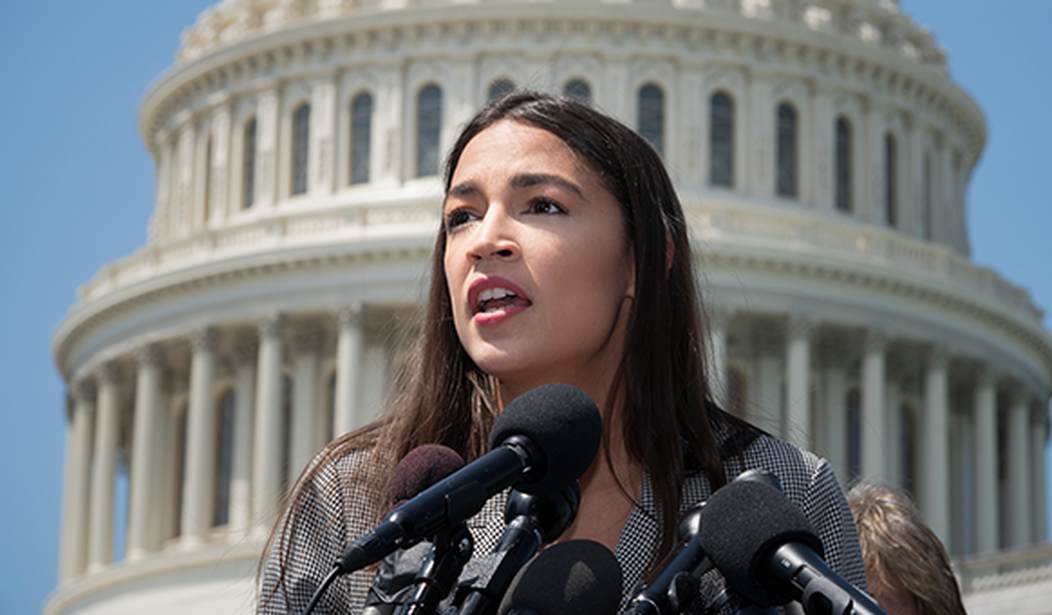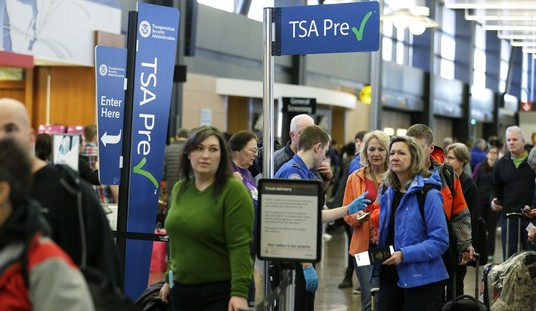Editor's note: This piece was authored by Flavia Nunez.
As the Biden administration inches closer to a decision on blanket student loan forgiveness, lawmakers on both sides of the aisle should take a moment to consider more plausible solutions to the student debt crisis.
President Biden has said he will have a decision on blanket student loan forgiveness by the end of the month. While it’s unclear if that will actually happen, leaked documents that have reached the desk of Education Secretary Miguel Cardona show that the administration has been formulating a plan for canceling debts should the president make the call. The plan involves expanding borrower defense to repayment.
Blanket loan cancellation as supported by the Biden administration and the Education Department’s leadership will not reverse the historic growth of the Student Debt Crisis. As it stands, forgiveness is a shortsighted policy that will provide temporary relief at the cost of long-term practical action.
As codified by the Higher Education Act, borrower defense to repayment allows borrowers to seek loan forgiveness if a college or university misled them or violated certain state laws. Since its inception, borrower defense to repayment has sought to protect borrowers against aggressive for-profit colleges. But when new proposed regulations could expand the policy to include borrowers from non-profit and elite colleges, it loses its purpose.
To date, the Education Department has granted $25 billion in loan forgiveness, $7.9 billion under borrower defense to repayment alone. The Biden administration itself broadly canceled over $5.8 billion for 560,000 borrowers. With expansion, the Education Department will be given the green light to cancel more.
Recommended
These billions in debt won’t just disappear. They’ll be covered by other taxpayers, and so the question arises: How sustainable is this? How many billions can the government forgive before the loan repayment system begins to spiral, creating a precedent where future borrowers expect their loans to be canceled? How long before borrowers refuse to repay loans at all?
The obvious argument against forgiving student loans is its unfairness. The only people who’d benefit are those who have considerable student debt left to repay. Everyone else — the taxpayers who either never took on college debt or who took it on and paid it off — would have to foot the bill for debt they never agreed to take on. Making matters worse, studies show that borrower defense to repayment disproportionately benefits higher-income families, as they would receive double the loan forgiveness of lower-income families. Why rob the poor to help the rich?
Even if such an expansion for borrower defense to repayment comes to pass, it likely won’t even deliver on its promise. In the past, such policies dealing with student debt forgiveness have been unforgiving at best and intentionally misleading at worst. For example, the Public Service Loan Forgiveness (PSLF) enacted in 2007 was a promise that the Bush administration made to forgive all remaining loans of public service workers after 10 years of monthly payments. In 2017, PSLF’s first year, 29,000 applications were processed. Ninety-nine percent were denied for “not meeting program requirements,” requirements the Education Department failed to state explicitly.
If proposed expansions to borrower defense to repayment are approved, new categories such as “aggressive and deceptive recruitment” and “substantial omission of fact” will (in theory) broaden eligibility to potentially millions of people. It is unknown if these nebulous categories will share the fruitlessly selective fate of PSLF or open the floodgates to forgiveness for any borrower with claims of being cheated. Either way, these policies will alter borrower defense to repayment’s initial purpose for the worse.
The Student Debt Crisis is a bipartisan problem (steadily growing under two Democratic administrations and two Republican ones), but broad debt cancellation lacks support on both sides of the aisle.
Ideologically, Republicans are against mass student debt cancellation; Senator Mitt Romney calls them “bribes” on Twitter. Among Democrats, the $10,000 in student debt that President Biden proposes to forgive will do nothing. Elizabeth Warren and AOC called Biden to cancel at least $50,000 per eligible person.
Debt forgiveness will never be popular on the right and will never be enough for the left. It will further divide our country and feed a vicious cycle that relies on one question: Why stop borrowing money for college if you’ll never have to pay it back?
Greater student debt forgiveness under an expansion of borrower defense to repayment is not the answer to the student debt crisis problem. Some congressional lawmakers have released an alternate proposal that calls for: limiting the amount of debt graduate students can borrow, eliminating the faulty PSLF, ensuring borrowers do not have to pay more than 10 years of interest, and eliminating interest capitalization, which happens when future interest grows based on current interest. This Responsible Education Assistance Through Loan (REAL) Reforms Act is just the kind of permanent solution Americans require.
Flavia Nunez is a college student who lives in North Carolina. She is a contributor at Young Voices.

























Join the conversation as a VIP Member